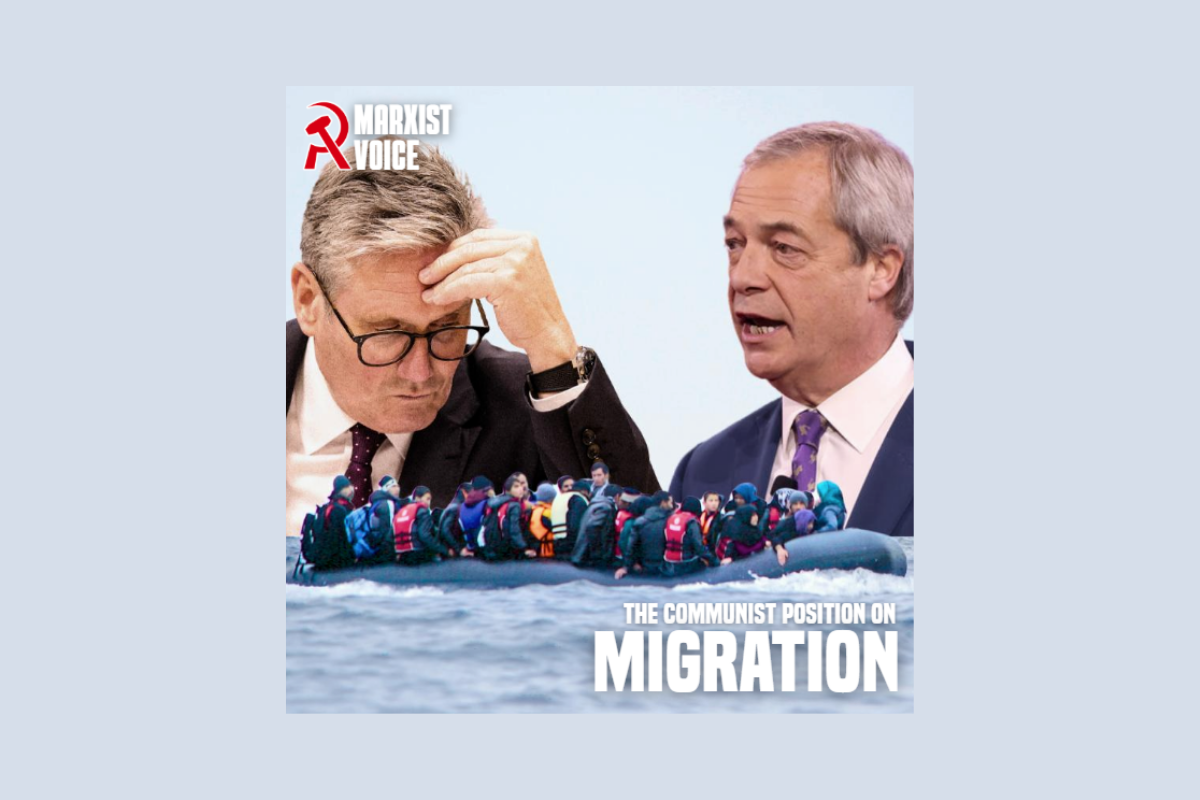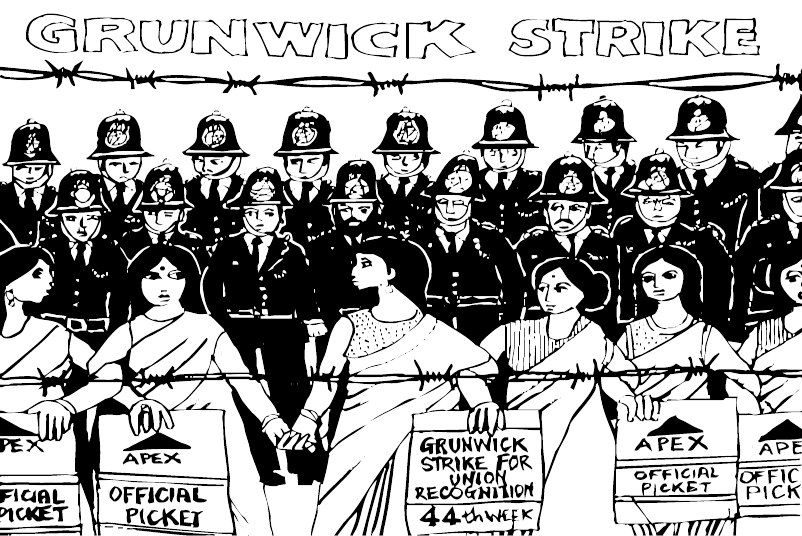This series suggests a significant change
at the BBC. Generally Auntie’s representation of the working class has been
shaped within a tradition of liberalism which is supportive of the underdog or
sympathetic to those who fall through the welfare state safety net.
Though
each programme was made by different people and companies, the strand has been
initiated and the proposals selected from amongst many by one Commissioning
Editor. So it’s reasonable to assume some sort of overall intention. At the
moment readers can judge for themselves at the website: http://www.bbc.co.uk/white/
The
first, ‘Last Orders’, made by American Henry Singer (who made the recent
controversial C4 Diana documentary) was set largely in a Working Man’s Club in
Yorkshire but followed one of the drinkers to his council house to meet his
son, who just happened to have a Swastika flag hanging behind him for one
interview. It felt like an uneasy amalgam of the documentary Singer would
probably have made left to his own devices and the remit from the BBC. Which
was to talk about exclusion, immigration and racism.
There
was an elegiac and nicely photographed story of the slow decline of the Club,
which left to its own devices as a metaphor for the decline of the old white
working class would have been a more cohesive film. It has to be said though
that the same things have been happening in similar clubs for the last 30 or
more years.
The
one most open to direct political criticism was ‘Rivers of Blood’, written and
narrated by Denys Blakeway who has worked with Thatcher and John Major. This
was a not unsympathetic account of Enoch Powell’s infamous 1968 speech
attacking immigration and predicting it would lead to bloodshed in Britain.
There was some
interesting balancing material – the son of the local Wolverhampton newspaper
editor told how his mother and father who had been friends of Powell’s broke
with him over it and were victimized for it. But unless I’ve forgotten
something there was no challenge beyond ‘wet’ Tory Michael Heseltine.
Above all it
depicted the white working class as supporting Powell en masse. The only
opposition shown came from the radical middle class, no mention of trade union
action to counter the highly publicized marches by sections of dockers and the
Smithfield meat porters. The existence of working class opposition was totally
ignored despite many mobilizations to expose the danger of Powell’s demagogic stirring
up of racism.
‘White Girl’, as
a drama was a different kind of exception. Written by Abi Morgan, who had a big
success with drama-doc style Sex Traffic, and well-directed, it was much more
in the BBC liberal tradition.
A young white
working class girl, completely alienated from her dysfunctional family, especially
drug dealing, wife-beating dad, is attracted to Islam by a series of much nicer,
kinder and well balanced Muslims and eventually converts. It was undoubtedly
open to accusations that the Muslim characters and lives were seen through rose
tinted glasses.
‘The Poles Are
Coming’, presented by Tim Samuels was an in-house BBC production, and was arguably
the most accomplished of the documentaries. Samuels went out to Gdansk to meet
a Pole who was coming over to Peterborough in Britain for work. The Mayor also
traveled over to appeal to his countrymen to return and help overcome the
labour shortage. A veteran ex-Labour councillor turned independent and
self-appointed residents group complained their area had too many immigrants
and that government didn’t provide corresponding resources. Overall, it was very
tongue in cheek and a fairly gentle way with the problems it touched on.
Unfortunately, I
missed ‘The Primary’ which was set in a primary school in Handsworth,
Birmingham, with 17 ethnic groups represented and never more than 10 white kids
out of 480 pupils.
‘All White in
Barking’, directed and shot by Marc Isaacs, felt the most posed and set up. He
filmed several older people in Barking and their interaction with immigrants.
An old Polish market trader and concentration camp survivor shared his house
and life with a Nigerian woman who had a husband and children at home.
A white couple
accepted and returned hospitality from their Nigerian and Albanian neighbours.
The Albanian explained that none of his countrymen would let their daughter
marry a Serb.
An old BNP
activist bounced his mixed race granddaughter on his knee and ignored the fact
that his other daughter’s boyfriend was also mixed race as they chatted at his
BNP stall in the main street. He moved out to Canvey Island where he ended up
eating fish and chips on the beach, promising to finish in the sea if
immigrants reached Canvey.
I’ve described ‘White’
film by film partly for readers who didn’t see them but also to communicate how
easily the case for the defence can smooth over the real problems it poses.
Right wing ideas
are often smuggled into the political discourse under cover of ‘objectivity’
and ‘impartiality’ and defended as ‘freedom of speech’. We have to oppose them
but also be careful not to deny realities like the existence of racism or
ordinary people the right to express their fears.
This
series doesn’t simply ‘reflect’ white fears. It was an ideological exercise.
These documentaries assume what they appear to prove. They set out to show that
the white working class feels excluded, blames immigration and the Labour Party
for allowing it and neglecting them.
The other
intention was to show that the ‘liberal’ policy of ‘multiculturalism’ has lead
to a failure of integration and feeds separateness and hostility between ethnic
groups and different nationalities. It presented specific areas of high
immigration as generally representative.
The widespread
attack on ‘multiculturalism’ ignores the failure of ‘integration’, the
traditional state policy, in France. The truth is that capitalism causes the
conditions in which racism breeds – and that is the real problem.
White Girl’ was clearly
there for classic BBC ‘balance’, but with its middle class lack of realism couldn’t
have been better designed to alienate working class or potentially reactionary
viewers, rather than take on their prejudices in a realistic way.
The film-makers
all depict a poor and alienated working class, whether it’s the old people in
Barking or the inarticulate young guys outside the job centre in Peterborough
who won’t do the jobs the immigrants are doing but blame them nonetheless.
There’s a very selective choice of subjects –
barely a single white working class person with a steady job for instance. There’s
also not a single normal cross race or cross national relationship in the
entire series. The idea of working class solidarity is out of bounds.
This is not to
pretend that huge problems don’t exist in many areas or that racism isn’t a
common problem. Successive governments have failed the white and black working
class. That is the real point. And racism will tend to rise as the economic
crisis hits.
There’s also a
clear assumption that racism is a working class phenomenon which is a typical
middle class prejudice. Indeed, traditionally racism it finds its political
base amongst the frightened middle layers.
Above all, this series fuels the problems by
making racism respectable and writing working class solidarity out of history.
It also presages the rise of Thatcher’s children within the media-ocracy. Be
warned – Tories at work – Auntie can turn nasty.






